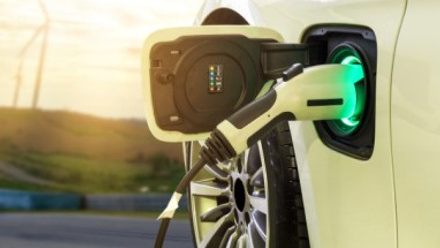Finally...a good news story about car salary sacrifice

In conversations with HMRC and HM Treasury, it has been made clear that the Government wanted to do two things; firstly, to lower emissions of cars in the UK overall and secondly, protect the UK car industry.
However, there remains confusion in the market around how the legislation should be applied.
There are two main parts to the legislation. One has been well publicised but the second has been overlooked by many in the industry.
Firstly, in last year's Autumn statement, Ultra-Low Emission Vehicles (those with emissions of 75g/km of CO2 or less) were made exempt from any tax changes.
Then, in the subsequent Finance Act, published on March 20th 2017 it was made clear that the comparison of the benefit in kind was to the amount sacrificed for the car itself (i.e. excluding, as was the case under the previous system, maintenance, tyres, roadside assistance etc).
This means that the environmentally aligned benefit-in-kind rules will continue to apply for 98% of vehicles while the treatment of employers' national insurance remains unchanged on more than half of all vehicles available.
These changes completely support Government's commitment to providing a fairer tax structure while not undermining its wider environmental policy. It has meant that the changes to salary sacrifice put in place by Government protects cars while eradicating the arguably abusive salary sacrifice schemes where some employees had been using the legislation to save tax on wine, drones and even double-glazing.
This move by Government is to be applauded as it prevents take-up of abusive schemes without harming car schemes that have always been taxed fairly and environmentally, is the right thing to do.
Under the new rules, the finance rental for the car and all other costs should be separated. However, it appears that many have misunderstood the new legislation and this point has all but slipped under the radar.
Absolute certainty
Due to the misunderstandings and misconceptions following the implementation of the Finance Act 2017, its necessary to clarify the rules so employers and employees alike fully understand the changes. Clarity has been provided on the legislation from HMRC and HM Treasury with written confirmation earlier this month, that the above interpretation is correct.
This confirmation is also important for employees and employers ensuring that car salary sacrifice remains a valuable part of the employee's benefits package. It means that all company cars are taxed appropriately and the charge for the additional benefits and services does not apply to these company cars .
As a result, salary sacrifice car schemes are as attractive as they have always been.
This article was provided by Tusker.
In partnership with Tusker
Market leaders in salary sacrifice car schemes with more than 15 years’ experience.







